The carefree nightlife of the British in the 80s and 90s in the lens of club photographer Adam Friedman
Categories: Photo project | Society
By Pictolic https://pictolic.com/article/the-carefree-nightlife-of-the-british-in-the-80s-and-90s-in-the-lens-of-club-photographer-adam-friedman.htmlToday newspaper headlines do not carry optimism: "British nightclubs are closing at an alarming rate, according to statistics", "Why are British nightclubs dying (says the owner of the nightclub)", "How can London club culture be saved?". The story goes that before licensing was introduced, before it was possible to file noise complaints and before the high cost of renting premises, which practically destroyed small establishments, there was a special club culture in London's West End, East End and partly in the south-west of the British capital.
The reality is much more complicated than this point of view, but one conclusion still suggests itself: clubs are closing faster than new establishments are opening, and not only in London, but throughout the UK. By the end of 2015, the UK had lost about half of the clubs in ten years. But thanks to the photographers who documented nightlife in the 1980s and later, today there is something more than the vague memories of the current 45-year-olds to get an idea of the peak of British club culture.
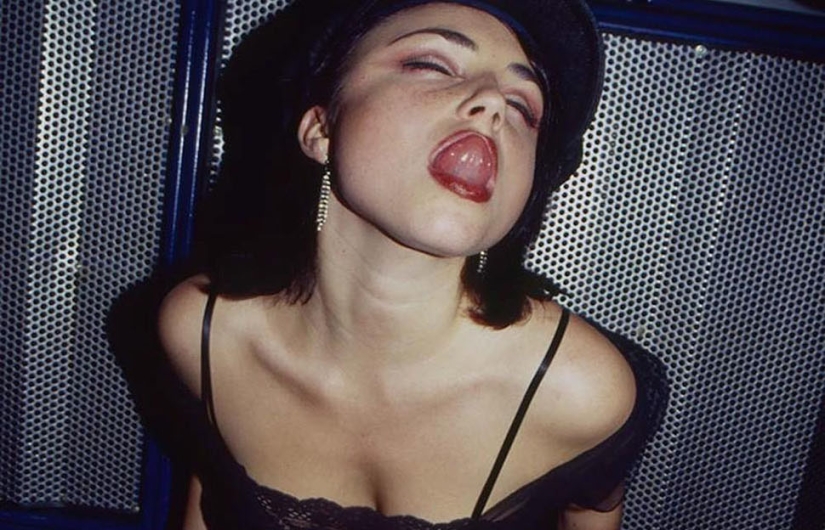 Source: VICE
Source: VICE
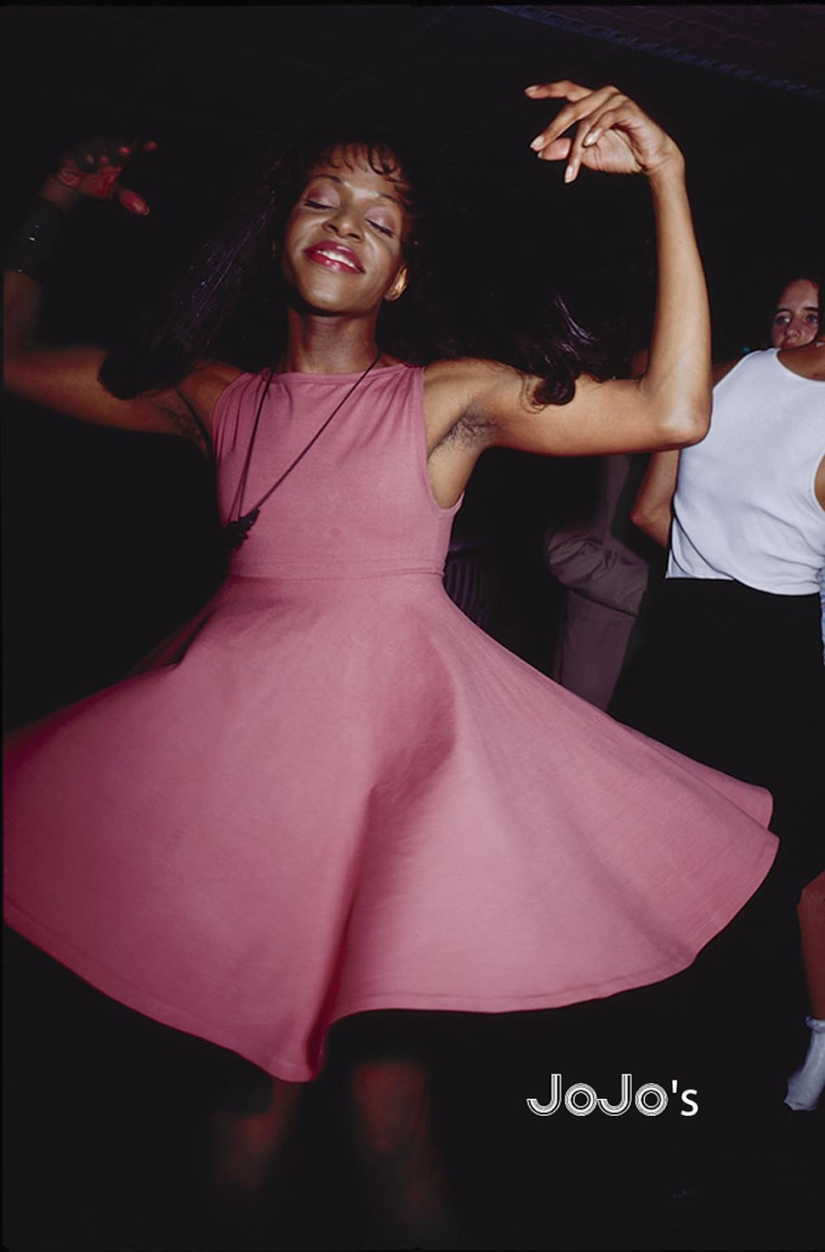
JoJo’s.
"What I always shot was not so much music or dance, oddly enough," says Adam Friedman, a 53—year-old photographer whose photographs of nightlife from the 1980s to the 2000s are stored in the Youth Club archive and are part of the exhibition, which opened in East London on July 7. — I was filming pleasure. And I think this is an underestimated force. This is the antidote to everything bad in the world, it can be said to be our superpower."
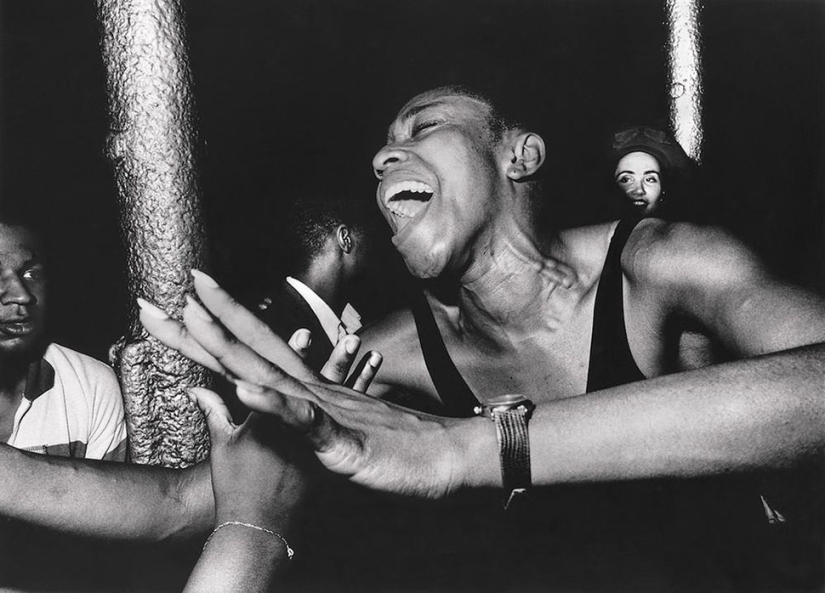
Dingwalls.
When you talk to Adam now, almost 30 years after his return to London from New York, where he filmed subculture and club hangouts, he is as fascinated by the sanctuary of nightclubs as when he was a teenager. He says he grew up in north London and became interested in clubs, being fond of punk and live music. A few years later, he got his hands full photographing people in midtown Manhattan — from his Spanish-speaking neighbors to "guys from Wall Street who threw money around in places like Area, squandering thousands a night", and then returned to the reality of the Thatcher regime in the UK, around 1987.
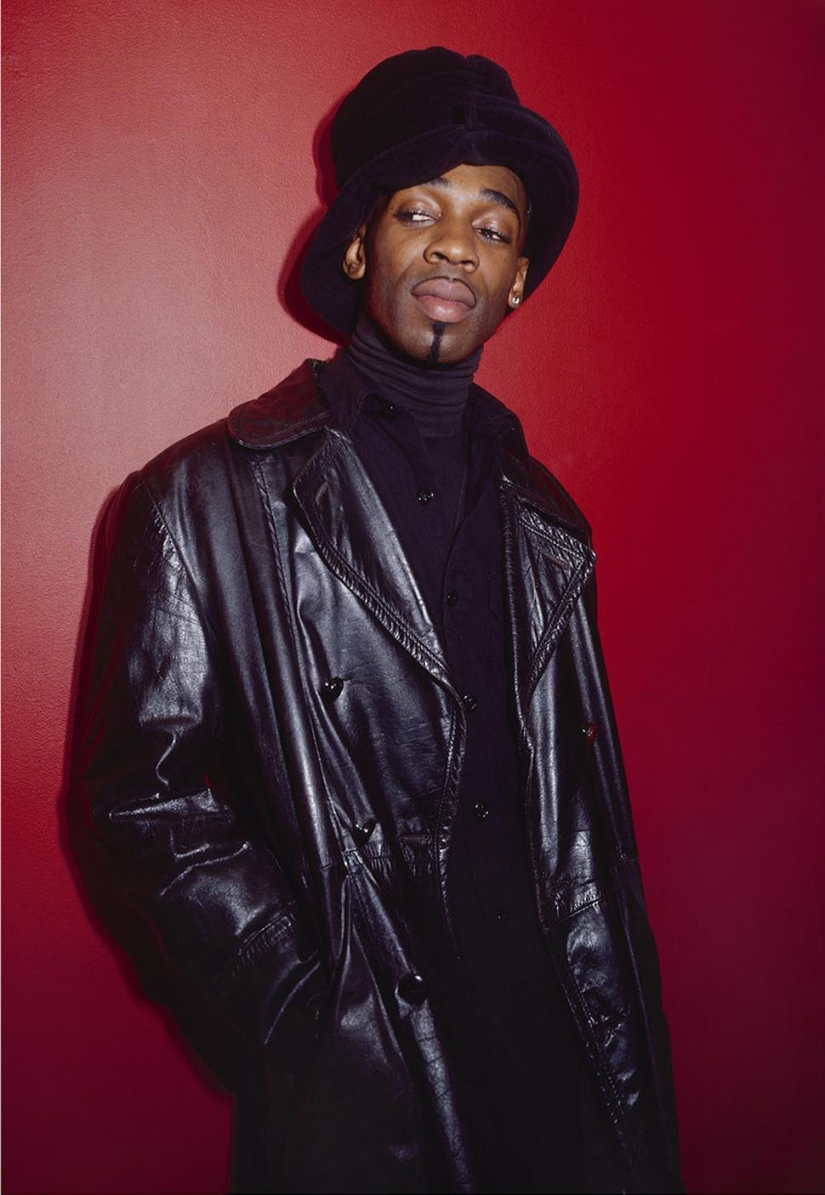
Pure Jam.
"Everyone seemed shattered, as if they were told they couldn't do anything," the photographer recalls, referring to the feeling of universal separation. But at night people still found ways to unite. — Sometimes at three o'clock in the morning such a moment comes, and a certain expression appears on someone's face: a way to combine everything. And it's amazing. We all felt it, everyone who went to clubs, who was a child and had a passion for traveling, felt it. But to take a picture of it, or even a series of pictures, is amazing. This is very important." Documenting such moments of happiness became the basis of his work.
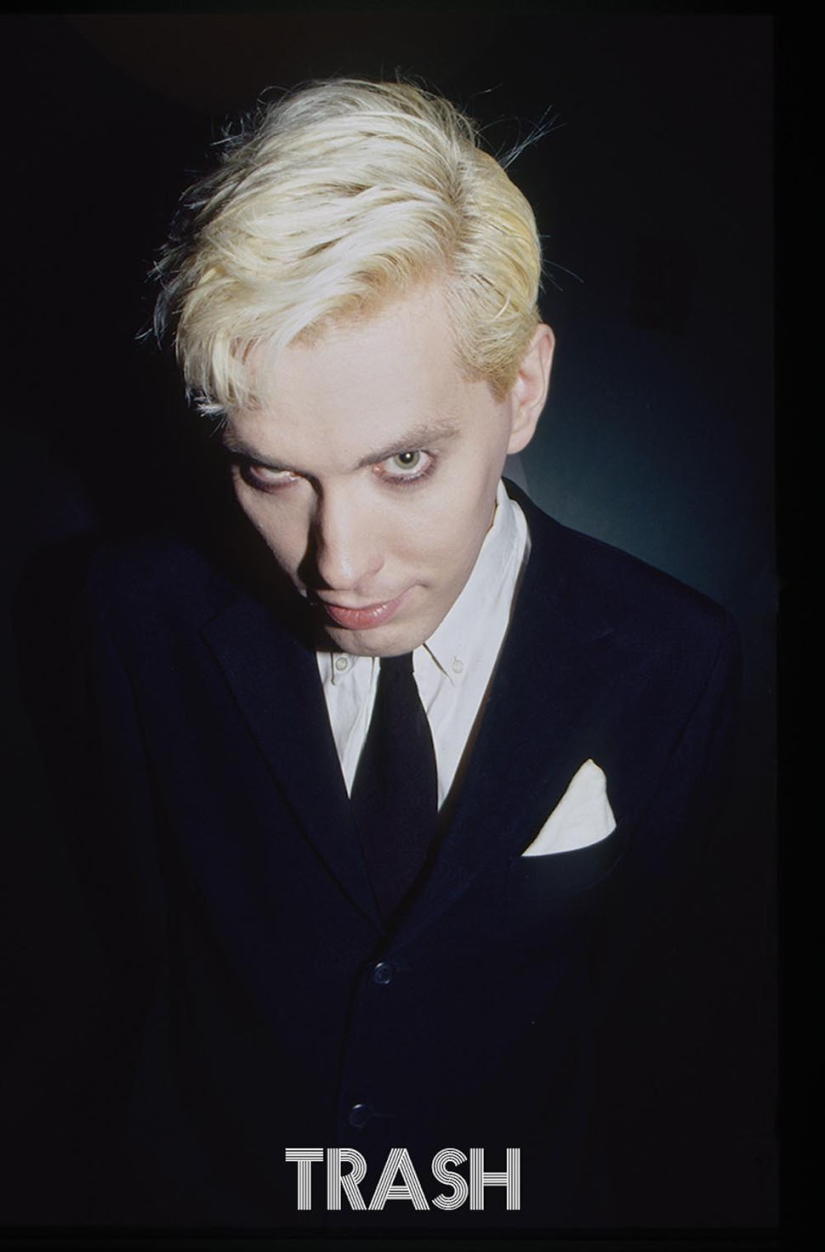
Trash.
How does he feel about the fact that now everyone who is able to hold a smartphone in their hands automatically becomes a photographer? "What I've always liked about photography is that photography is an egalitarian art. Before all these phones appeared, we were invited to every significant event. Of course, things are different now. I'm fine with that. When something changes, I change too." In this case, it means that he has moved from portraits and club shots to a large-scale project. He wants to turn a print with hundreds of photos, similar to a mosaic — "one photo of a club party every night of the year" — into a giant work, similar to a stained glass window. The photographer calls it "The Key to Pleasure."

Dingwalls.
As for the future of nightclubs, Adam is not eager to expand on this topic. "I'm not sure I can give an answer to this question. I think what is happening with club establishments in London is the same as what happened with gas stations in London. Try filling up the car here. Where did the gas stations go? They were sold off, and now offices are being built in their places. That's what happened in the West End, and the same thing is happening everywhere. It just became too tempting to sell these buildings."
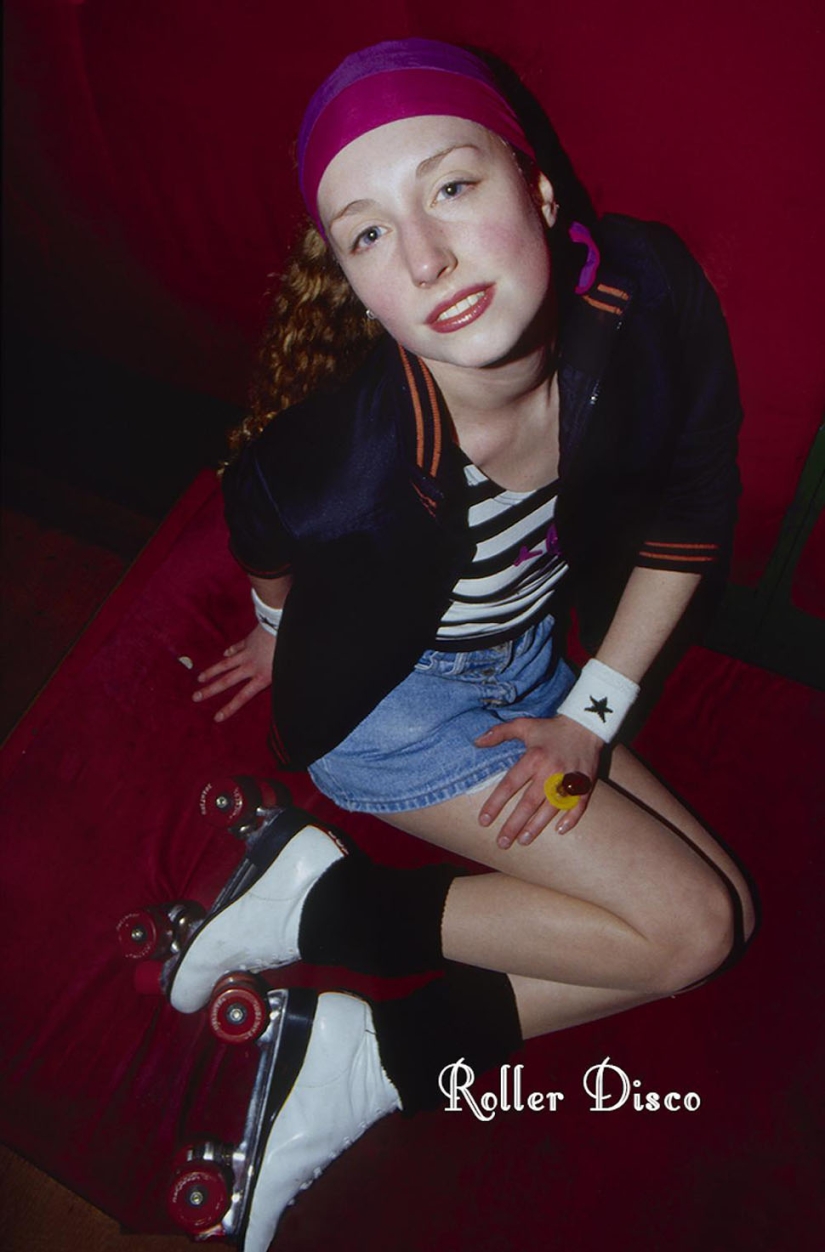
Roller Disco.
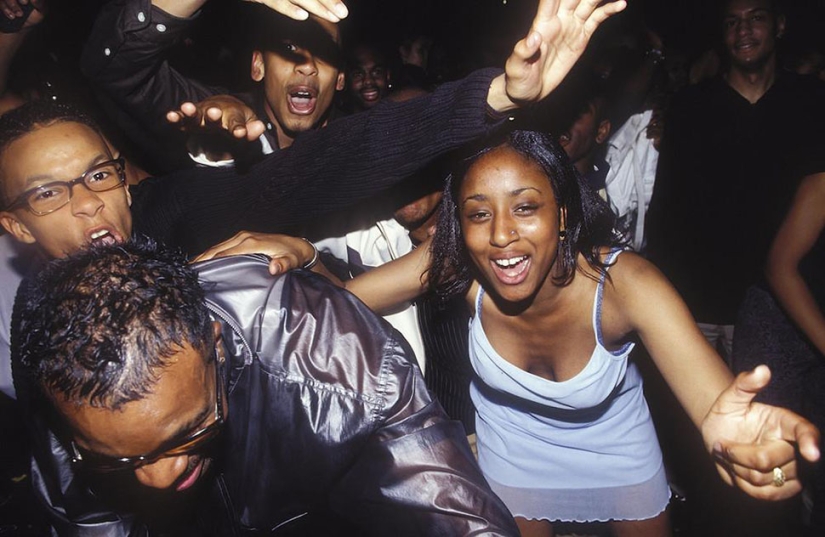
The Lick Party.
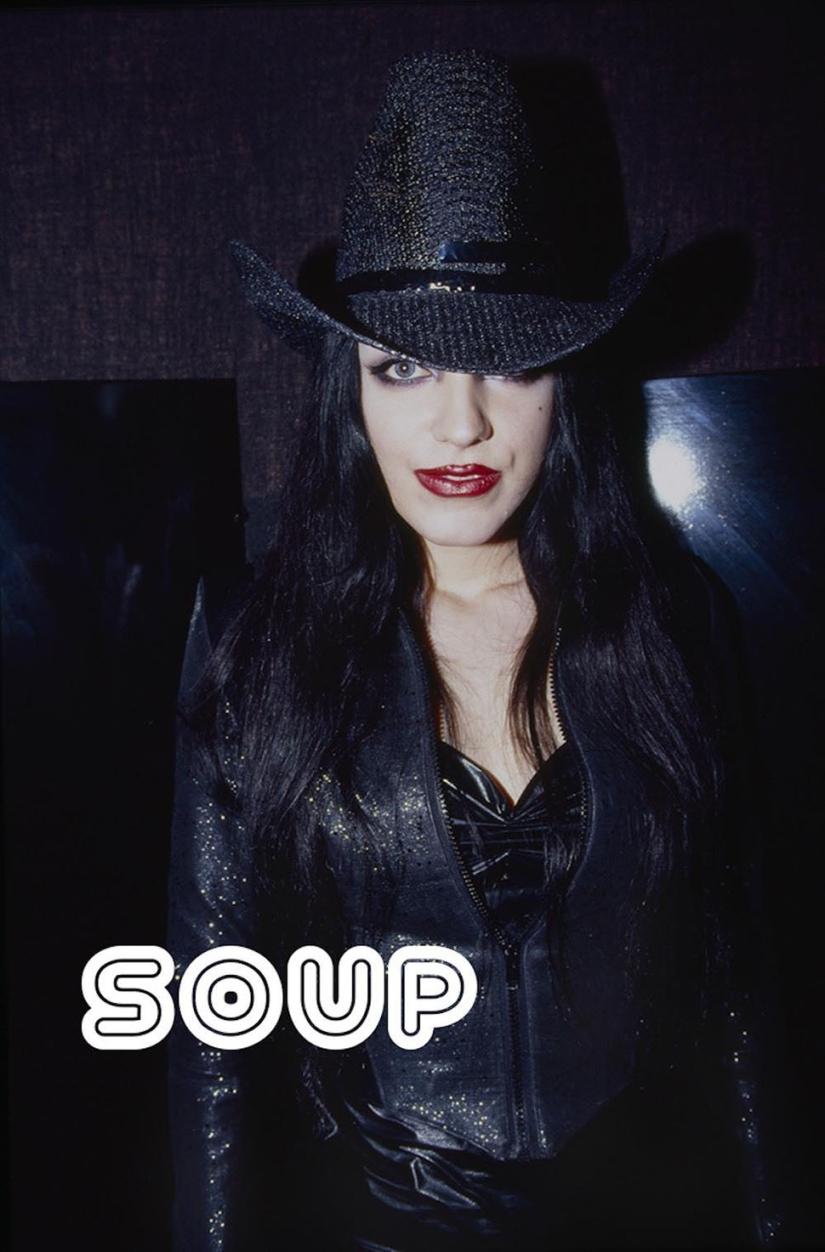
Soup.
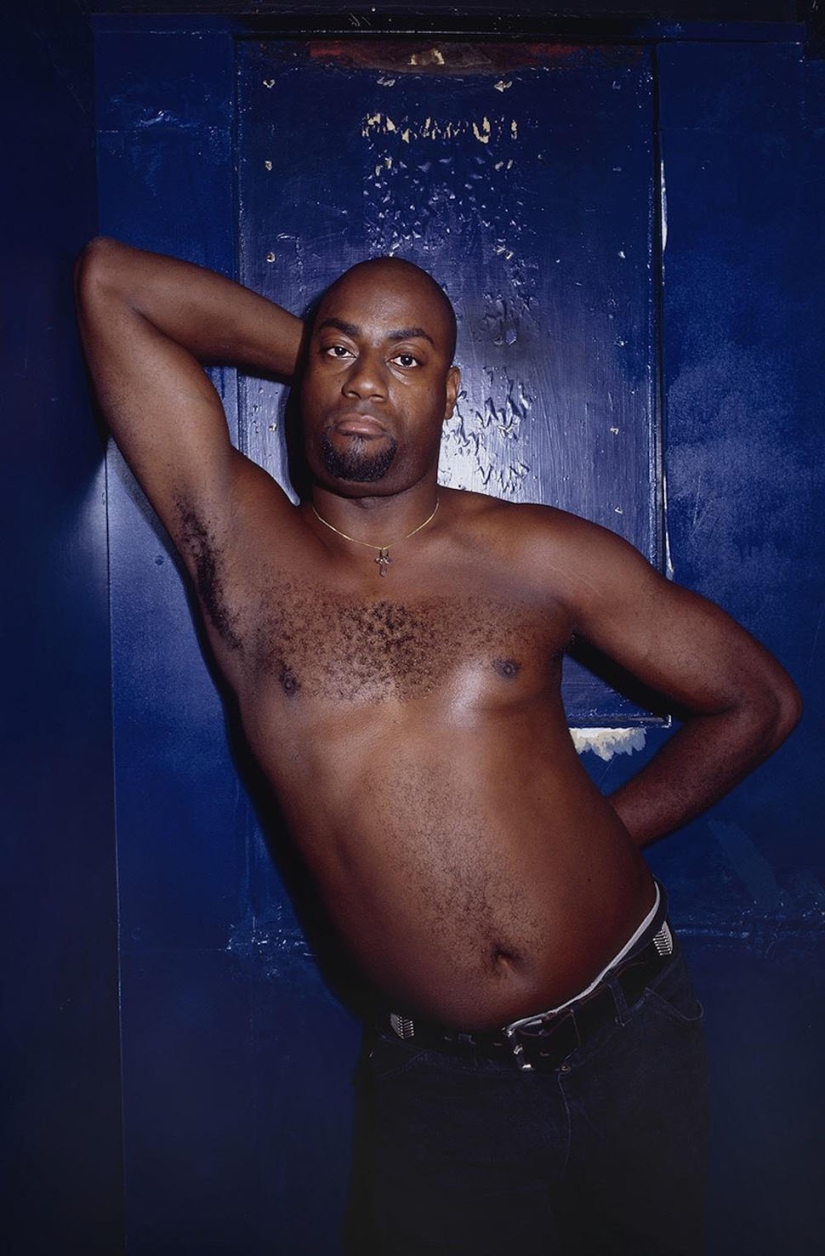
Freidays ‘R Firin’.
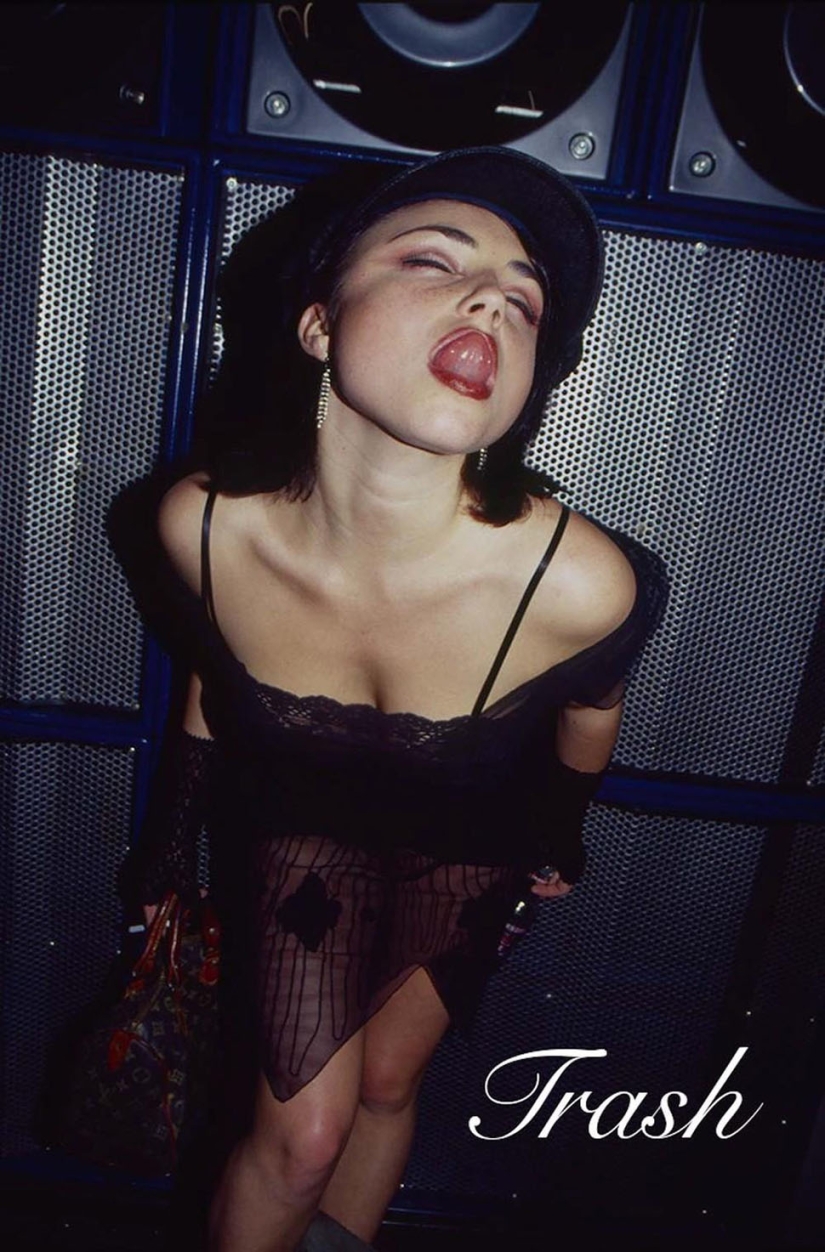
Trash.
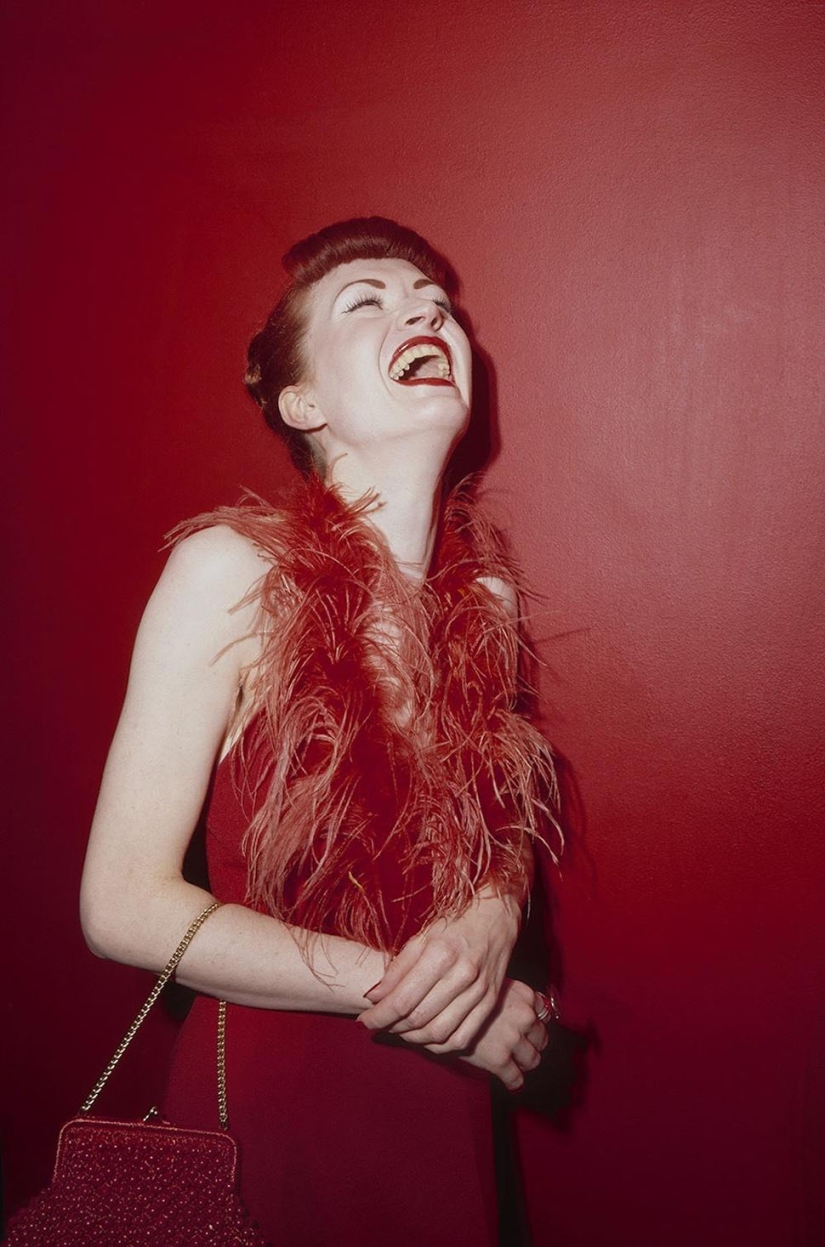
Indigo.
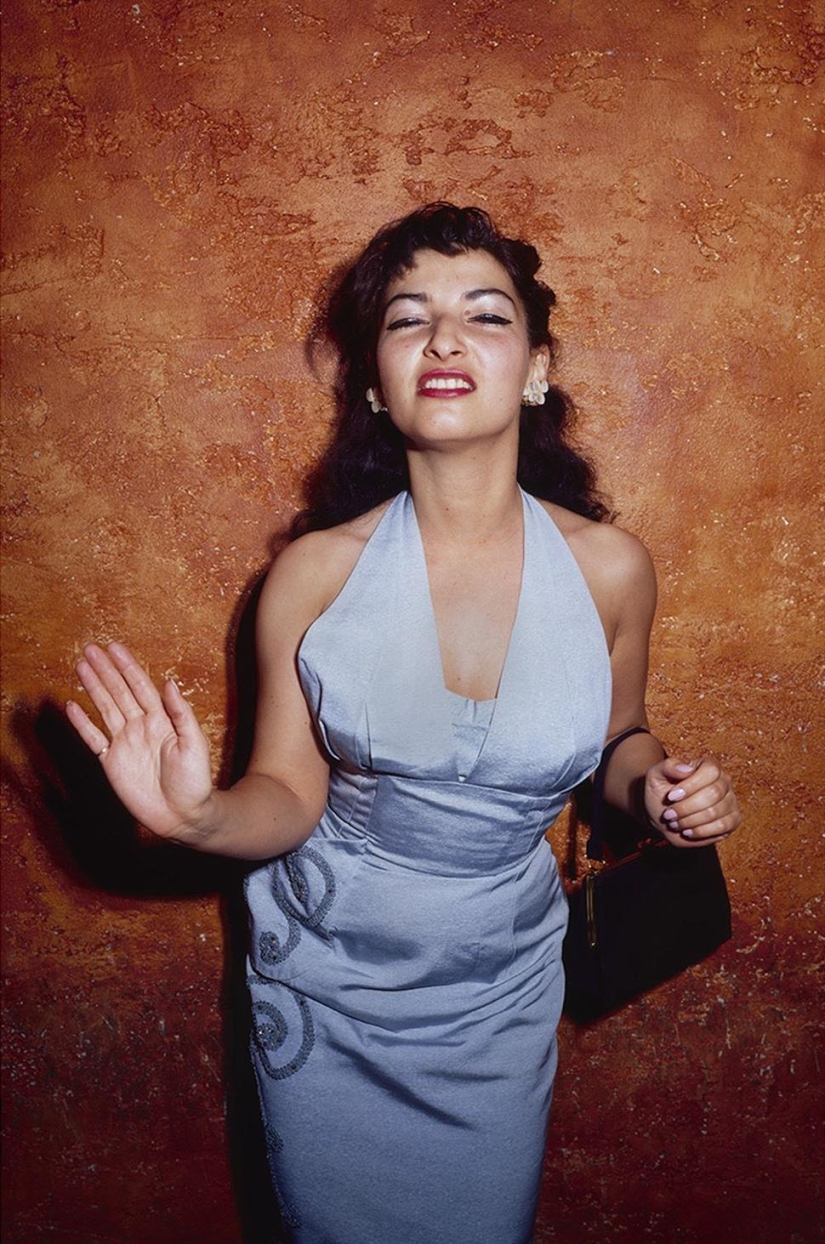
Blue Martini.
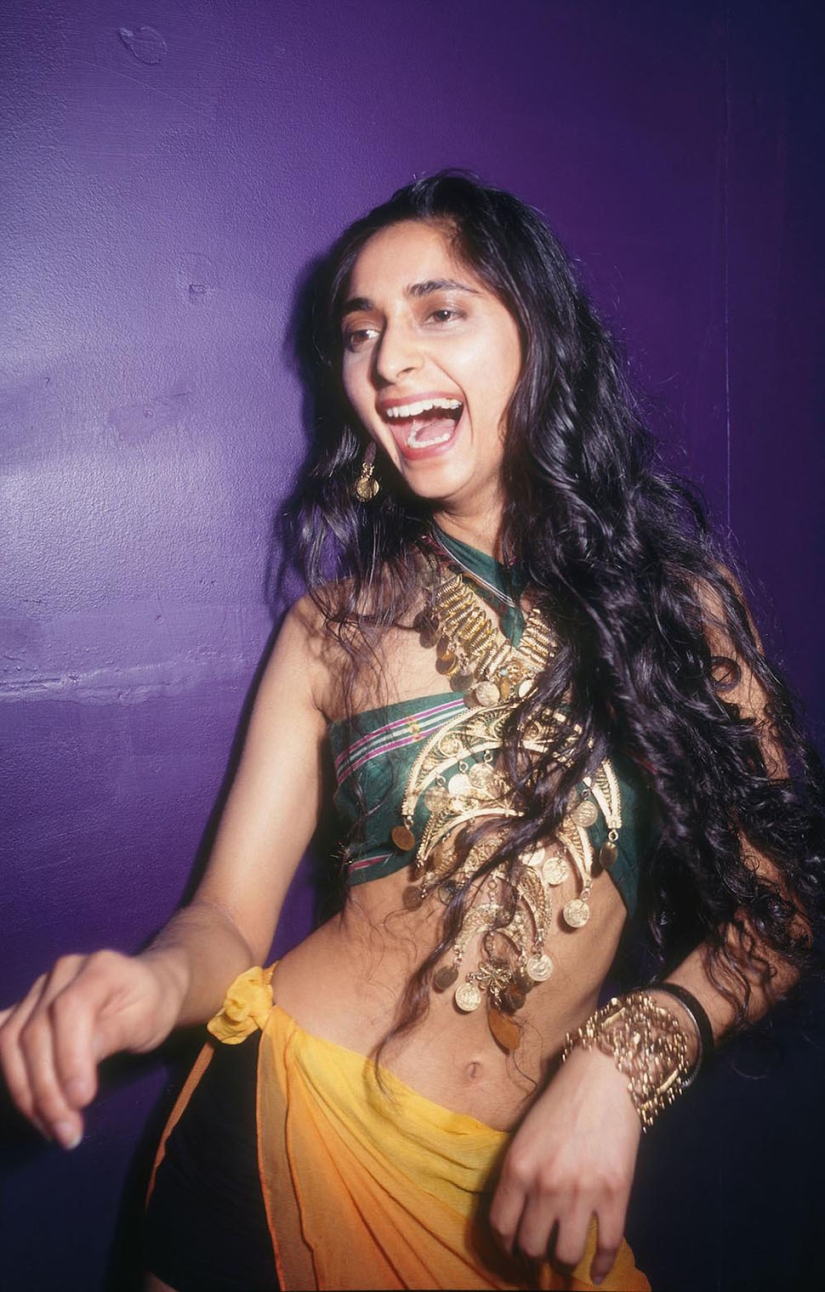
Youth Club, Adam Friedman.
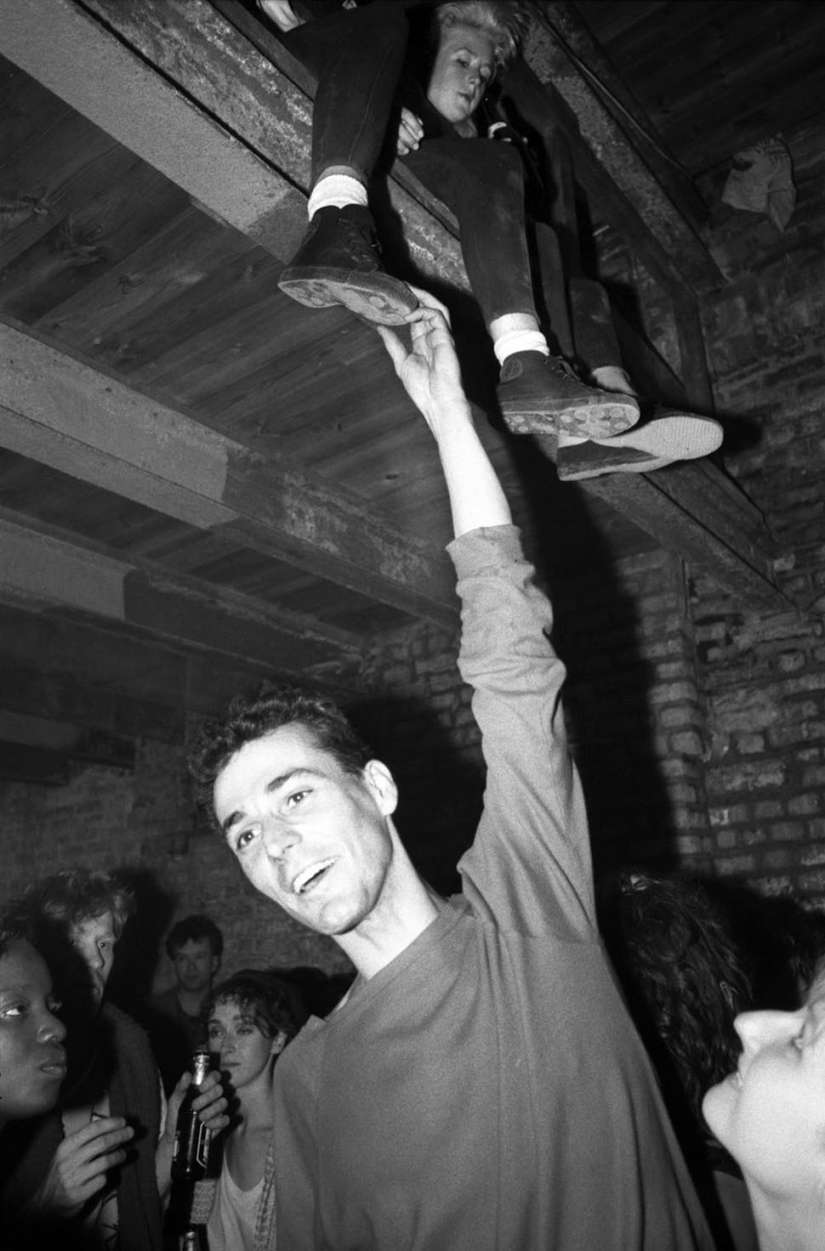
Youth Club, Dave Swindells.
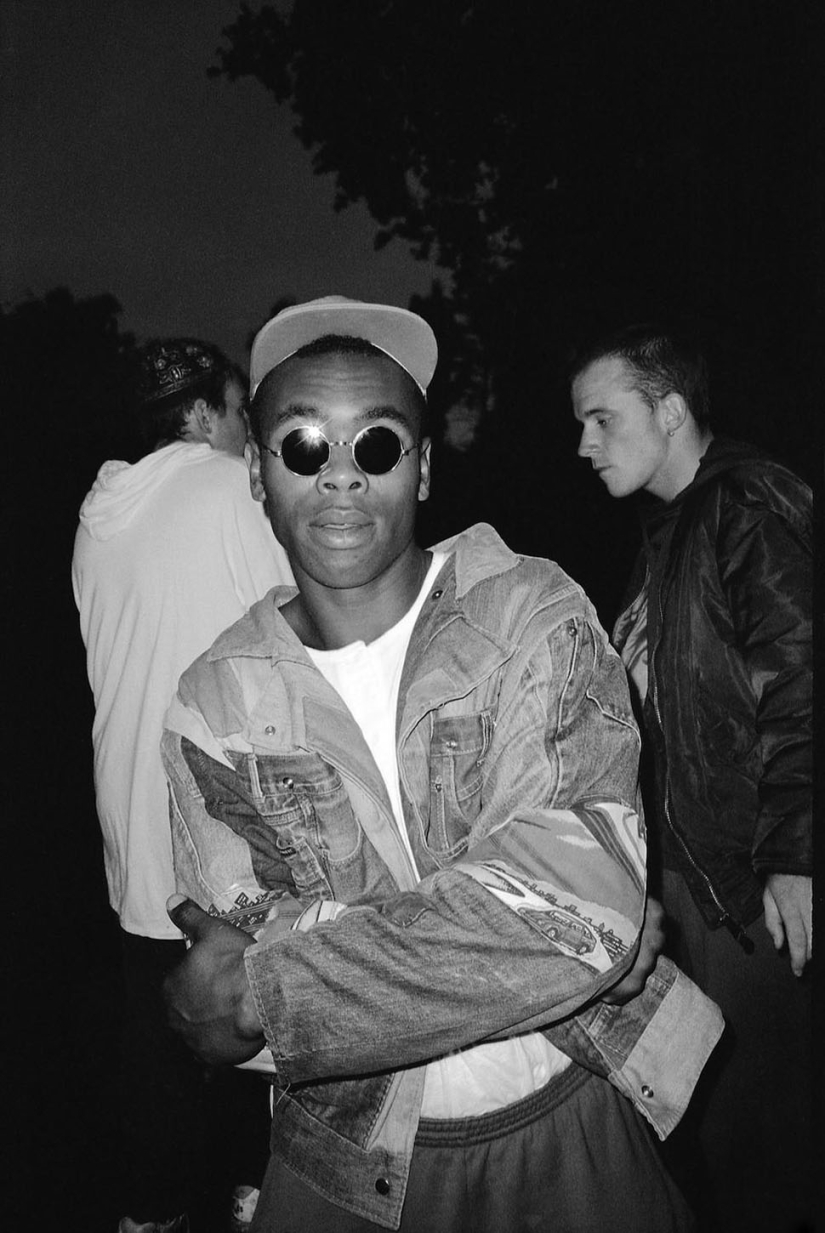
Youth Club, Gavin Watson.
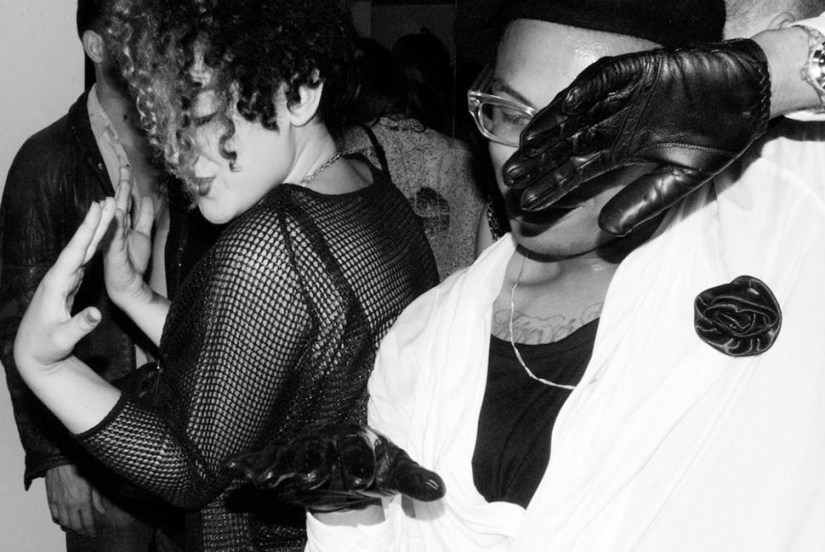
Youth Club, Teddy Fitzhugh.
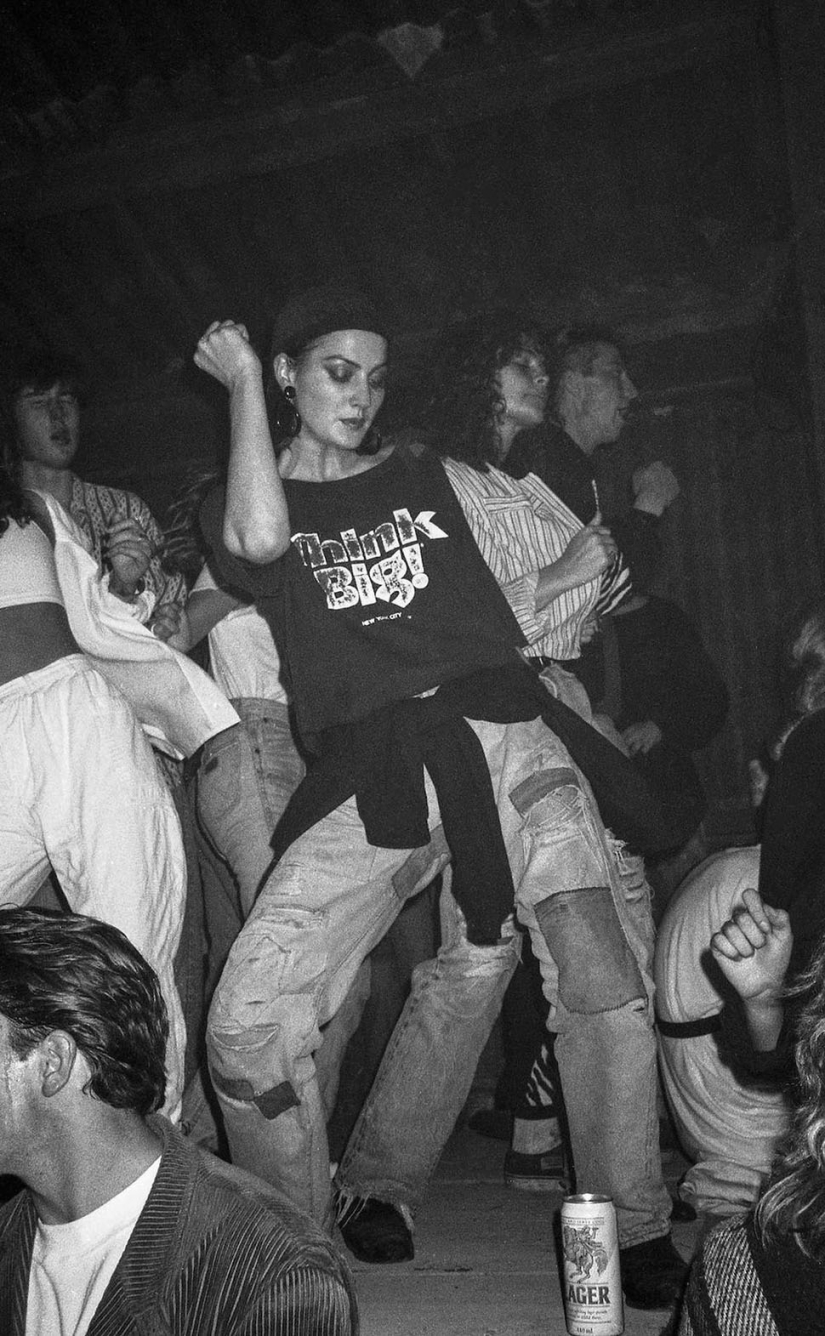
Youth Club, Gavin Watson.
Keywords: 80s | 90s | Atmosphere | Uk | Fun | Discos | London | Mood | Nightclub | Dancing | Photographer
Post News ArticleRecent articles

It's high time to admit that this whole hipster idea has gone too far. The concept has become so popular that even restaurants have ...

There is a perception that people only use 10% of their brain potential. But the heroes of our review, apparently, found a way to ...
Related articles

In the 90s, The Viper Room nightclub was a favorite place of entertainment for many stars. In 1993, it was created by Johnny Depp ...

Bruce Gilden is a legendary photographer, famous for his impressive portraits of ordinary passers-by on the streets of New York. He ...

She was the brightest star in the American music for several decades. Chocolate beauty with a white smile and amazing powerful ...

New Year's is a time to surprise and delight loved ones not only with gifts but also with a unique presentation of the holiday ...